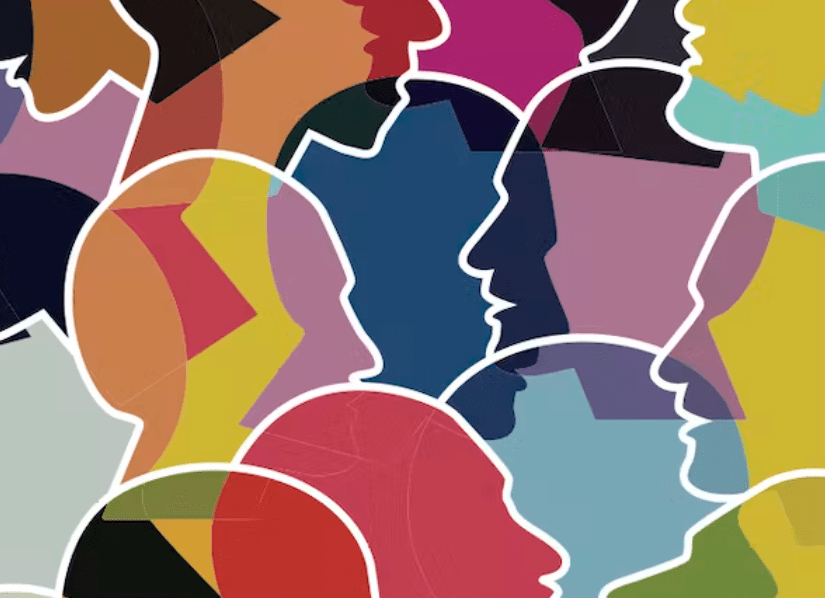DSU ENGL 250: Storytelling for Social Change (Full Year)
In this course, students will discover stories that will challenge, validate and/or inspire perspective. Through reading and writing both fiction and non-fiction students explore how increased self-awareness, celebration of diversities, analysis of injustice and commitment to action lead to collective liberation. This course identifies storytellers as agents of change and requires student to create a number of narratives via digital story, poetry, open letter and/or artwork. Ultimately, a number of these final products will be shared with community stakeholders to enact change.Storytelling for Social Justice surveys texts that highlight diverse voices, thereby encouraging writers to share their own. Rooted in courageous conversation, this course builds a sage, brave, academic community that aligns with the Learning for Justice Social Justice Standards.
Upon “successful” completion of this course, students will earn 3 college credits + 1 high school AP-weighted credit. This DSU course is offered at William Penn High School, during school hours.
- Level of Support: Most
- University: Delaware State University
- Type: Face to Face @ Penn, Full Year
- Instructor: Mrs. Christina Horstmann
- Grade Level: 11-12th
- Cost: $125
- Payment: Due before enrolling in the course; Pay to “William Penn High School” via cash, check, or online- see Ms. Cuje
Textbooks for this course will be supplied by William Penn

